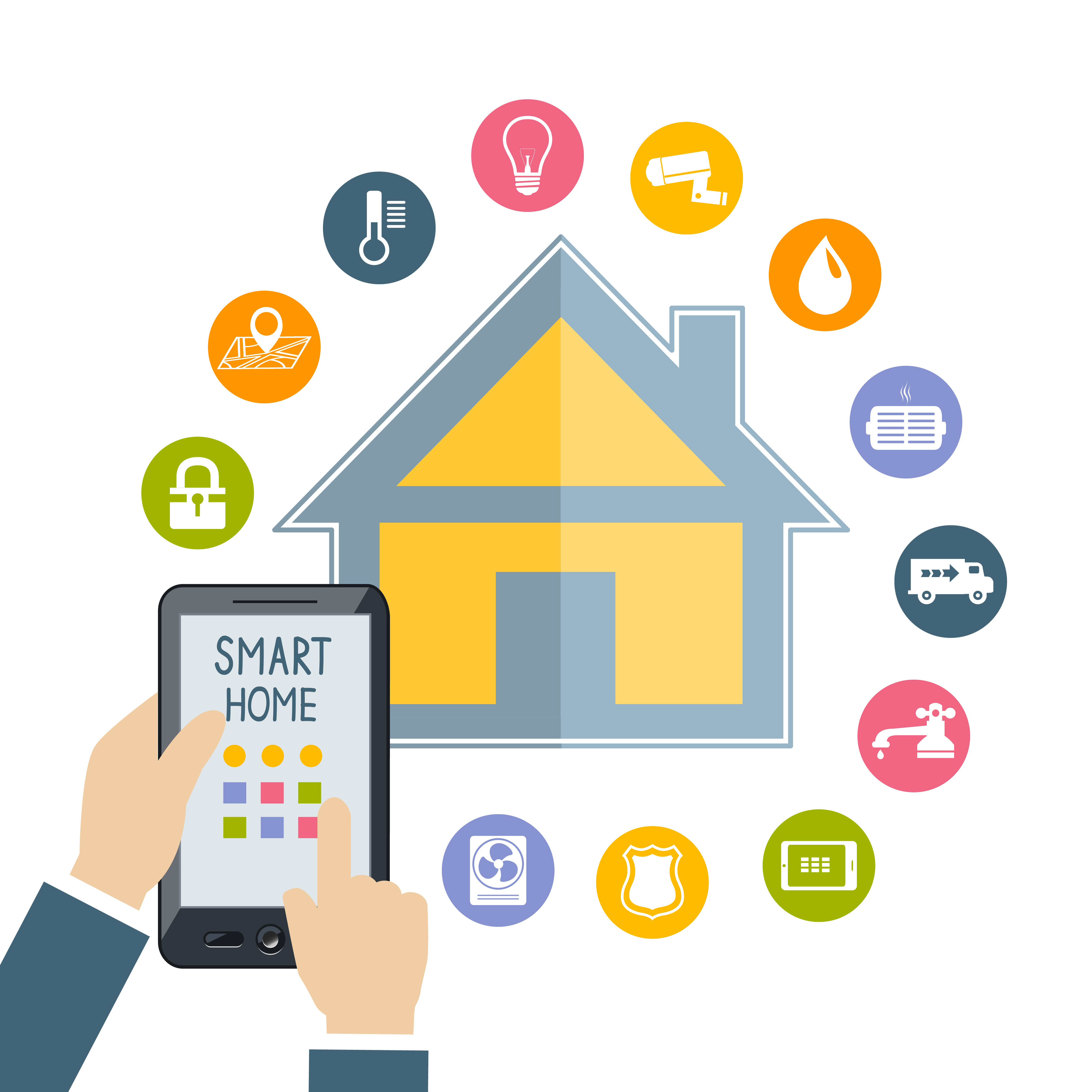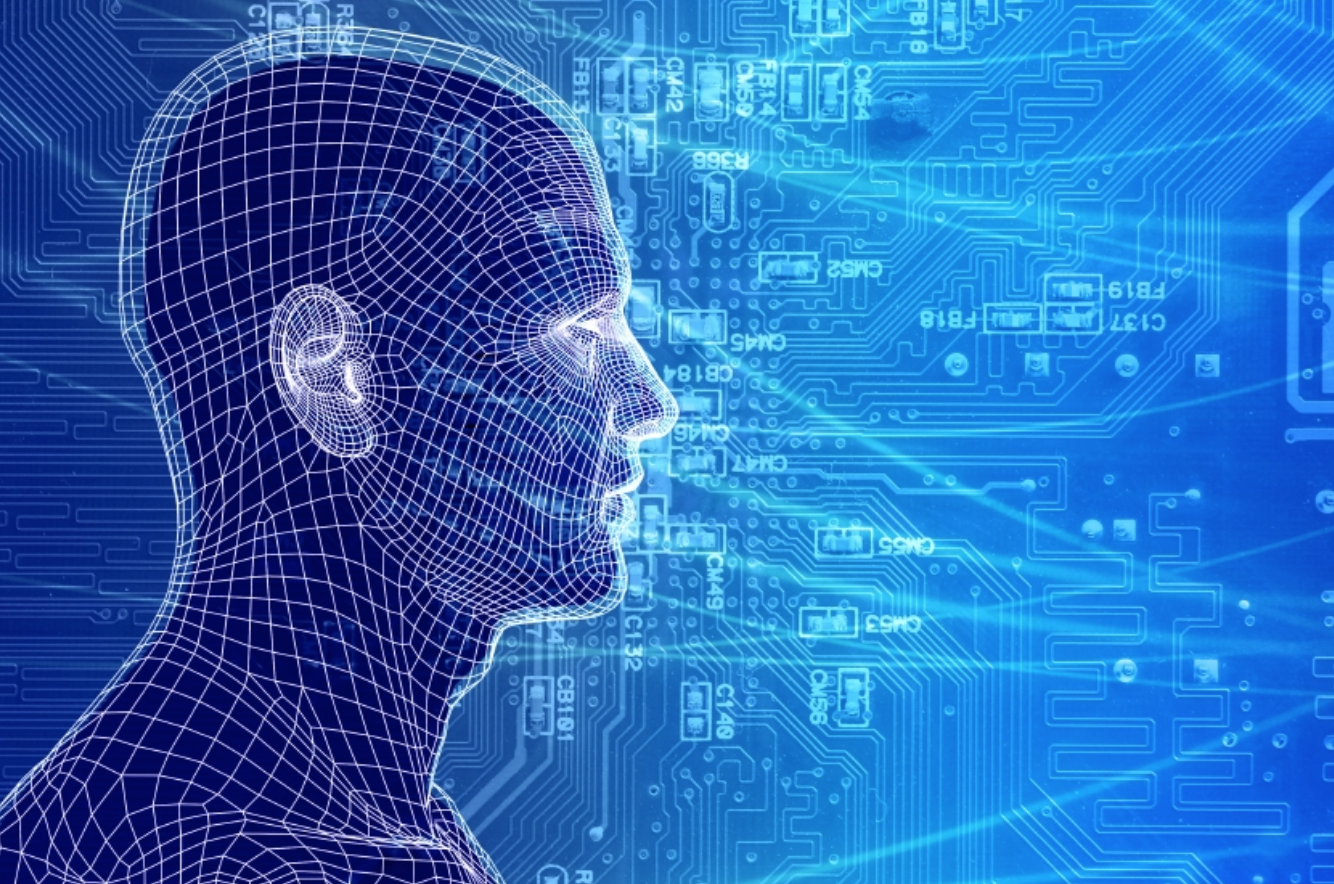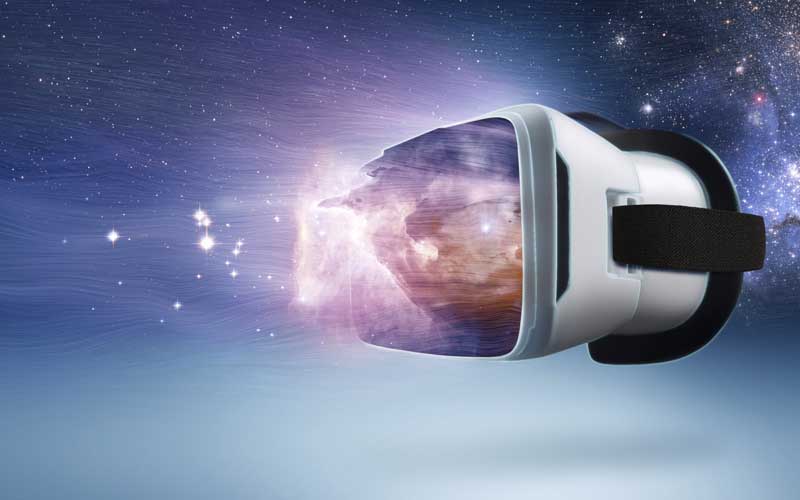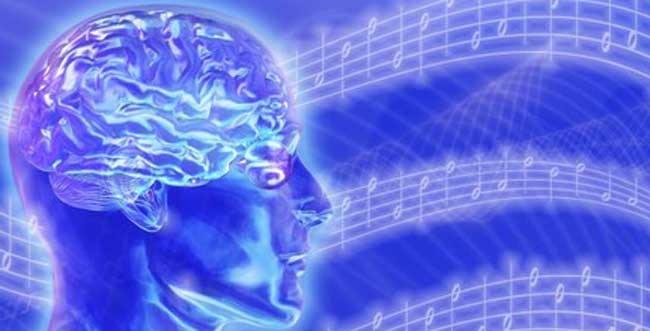The year is coming to an end and it is time to take a view of the coming year. That’s five technology trends that are the focus of the 2017th.
The technology-2017 promises to be exciting. We take a look at five trends that will be the focus.
Smart Home

The networked home is having more and more devices with Internet reality connector. It began with his smart lamps, heaters and outlets, now everything is possible from the fridge linked to the water sensor in the pool.
A problem often remains the communication between equipment from different vendors – uniform standards as in other electric fields do not exist. In addition, hackers put serious security problems openly, especially in low-cost devices.
Learning Machine

For users, often invisible, cheap computer in the cloud a variety of data to better adapt to their needs. The result should be as wily messenger services, answer questions or meet as a restaurant reservation small tasks.
Facebook experimented with in the service “M” in his Messenger, Google also introduced a digital assistant that draws on the collective knowledge of the leading Internet search engine.
Drone

So far they are mainly an expensive toy for tech enthusiasts or a working tool for professional photographers and directors. But Amazon, Google, DHL and Co are working under high pressure on their models of delivery drones that could detect on the short-haul goods or ordered food within minutes. In addition to the technical maturity lack of regulation remains a key hurdle.
Virtual Reality

In 2016 came various glasses, with which you can immerse yourself in digital worlds to the market – and still stayed a niche market, which is mostly used for games. Now the provider must make innovative content and services to users tasty.
Deals like the virtual house tour or a view into the hotel when booking holidays have so far been a vision. The high price of most devices remains a hurdle.
Music from the Net

Networked speakers displace the classical music systems. The reason: More and more users get the music is no longer of CDs, but streaming services like Spotify, Apple Music or Napster. That opened the door for new challengers who make classical hi-party competition. Meanwhile advised the young providers themselves under pressure because Google and Amazon want to establish networked speaker for control of the digital home.

